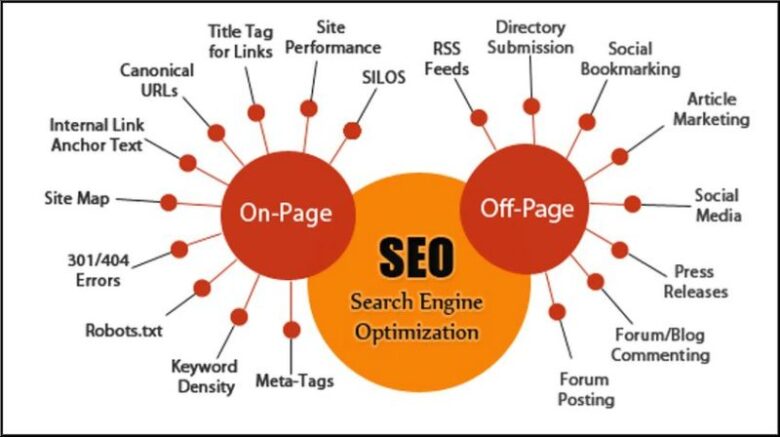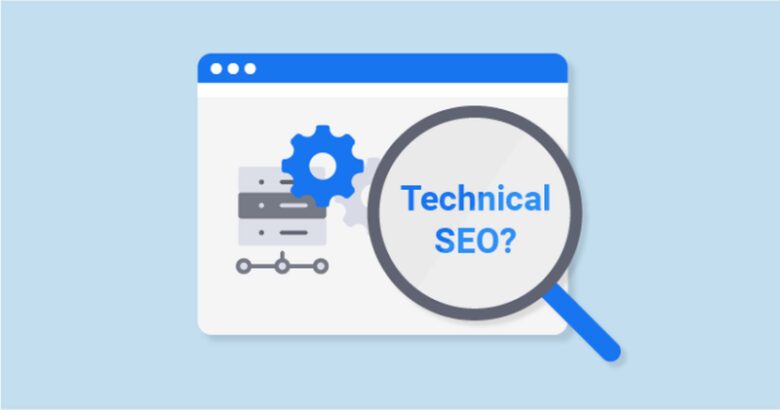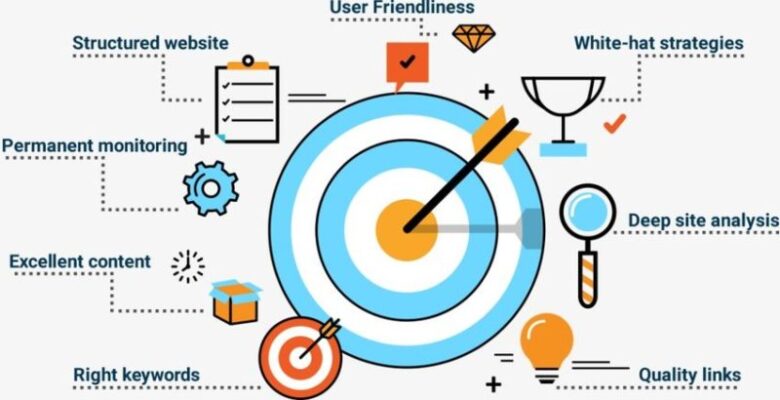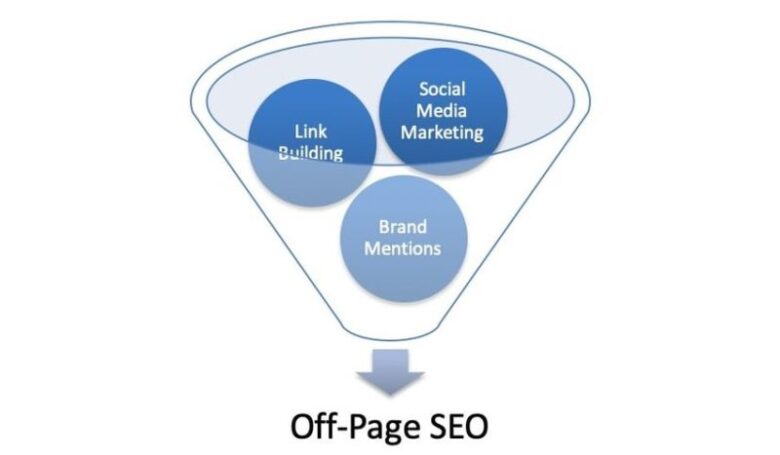Search engine optimization, or SEO for short, is a complex and daunting concept for most small business owners. In fact, it’s fairly common to completely ignore it and just chalk it up as “magic that helps your website get noticed”.
Unfortunately, this can lead to expensive SEO consultancy costs and could even ruin your business if your website isn’t optimized correctly. So, in this post, we’re going to offer you some simplified definitions of what SEO can do for your business, and also some actionable steps to help you improve your SEO.
What is SEO?

source:lyfemarketing.com
SEO is essentially a series of strategies that help your website appear higher on a search engine results page, also known as a SERP. SERPs rank based on a number of factors that aren’t completely transparent. This is because each search engine has its own hidden algorithms that are used to determine the rating.
Optimizing by Location
The keywords you enter into the search engine will be taken into consideration first. Then, Google will take data based on your preferences, history or even location to try and determine intent. For instance, if you type “restaurant” and you’re in New York, then Google will attempt to find restaurants in New York that are near you. If you’re in another city, then Google will return results based on your location. This is made possible by technologies such as IP geolocation. Check this website for an overview of what it looks like in practice.
Domain Authority
In addition to specific data like this, Google takes into consideration the overall authority of the website and the relevancy of the content. As an example, if you search for “the history of chocolate bars” then you’ll receive results that actually talk about chocolate and their history. The highest-ranked page will typically be a high-authority domain, meaning it’s referenced by many other sites and offers varied content that has proven to be valuable to readers.
Types of SEO

source:coursecrown.com
You may have noticed that we’ve already covered many different factors that Google takes into consideration when displaying search engine results. This is because there are various types of SEO, though they all have the same goal of making online presence more visible. Here’s an explanation of the three main types of SEO.
- Technical SEO – Focused on metadata that helps search engine robots find and index your website including images and their associated tags
- On-Page SEO – Takes content into consideration like product descriptions, blog posts and service pages
- Off-Page SEO – Also known as website promotion
By mixing these three types of SEO, it will appear much higher on SERPs based on specific keywords and location-based data. Now let’s take a look at some actionable steps to help you optimize your SEO as a small business owner.
Optimizing Technical SEO

source:growthrobotics.com
Technical SEO essentially involves the technical parameters that help your website become more visible to search engine robots. The goal of technical SEO is to help these robots find and index with ease. Here are the important technical SEO guidelines to worry about as a small business:
- Understand what your robots.txt file is. If you’ve made your own website, there’s likely a robots.txt file that can be edited to change the visibility of certain pages. If this is configured incorrectly, it could block search engines from indexing your pages.
- Make sure your website is added to the Google Search Console and specify your preferred domain to appear
- Make sure that loads quickly on desktop and mobile devices
- Optimize it for mobile devices by compressing images and removing auto-loading content such as videos
- Add tags to your images so that they’re indexed by Google and are easier to find
- Use SEO-friendly web design to make it easier for search engines to find you
Keep in mind that understanding technical SEO does require some experience with website design and building, so if this is a complicated concept, you’ll want to speak with an experienced SEO consultant like https://www.wsiprovenresults.com.
Optimizing On-Page SEO

source:blog.hubspot.com
On-page SEO focuses on the individual webpages of your site and how friendly they are to both search engines and users. Search engines take your entire website into consideration and not just a single page, so it’s important to be consistent and optimize every page.
- Make sure all of your pages have page titles
- Optimize headings to be meaningful when they show up on a search page
- Research the keywords that you want to focus on
- Use SEO tools to help distribute the keywords evenly in your content
- Publish long-form content so that there’s more space for keywords and images
- Consider hiring a content writer to help you create more compelling content
On-page SEO is all about creating unique content that adds value to the internet while also optimizing it for search engines to see. To some, this may seem like an extremely difficult and time-consuming task. Fortunately, there there are tools, such as Sure Oak’s SEO platform, which enable you to quickly optimize your pages and start ranking higher. Click here if you’re interested in finding the help you need! If you’re able to create compelling posts and product descriptions while also injecting keywords that make sense, then your website will have a much better chance of ranking highly on a search engine.
Optimizing Off-Page SEO

source:reliablesoft.net
Off-page SEO is all about building a good reputation and creating valuable content that your customers link to. This process helps to improve your domain authority and helps Google see that you’re a popular and reputable source of information.
- Register your business on directories such as Google My Business to improve your authority
- Promote your brand with the help of a social media account that engages with customers on a regular basis
- Keep your branding consistent across all your social profiles and pages
By focusing on your reputation and relationships with other businesses, you stand a much better chance at improving your domain authority and improving your standing with Google’s search algorithms.

